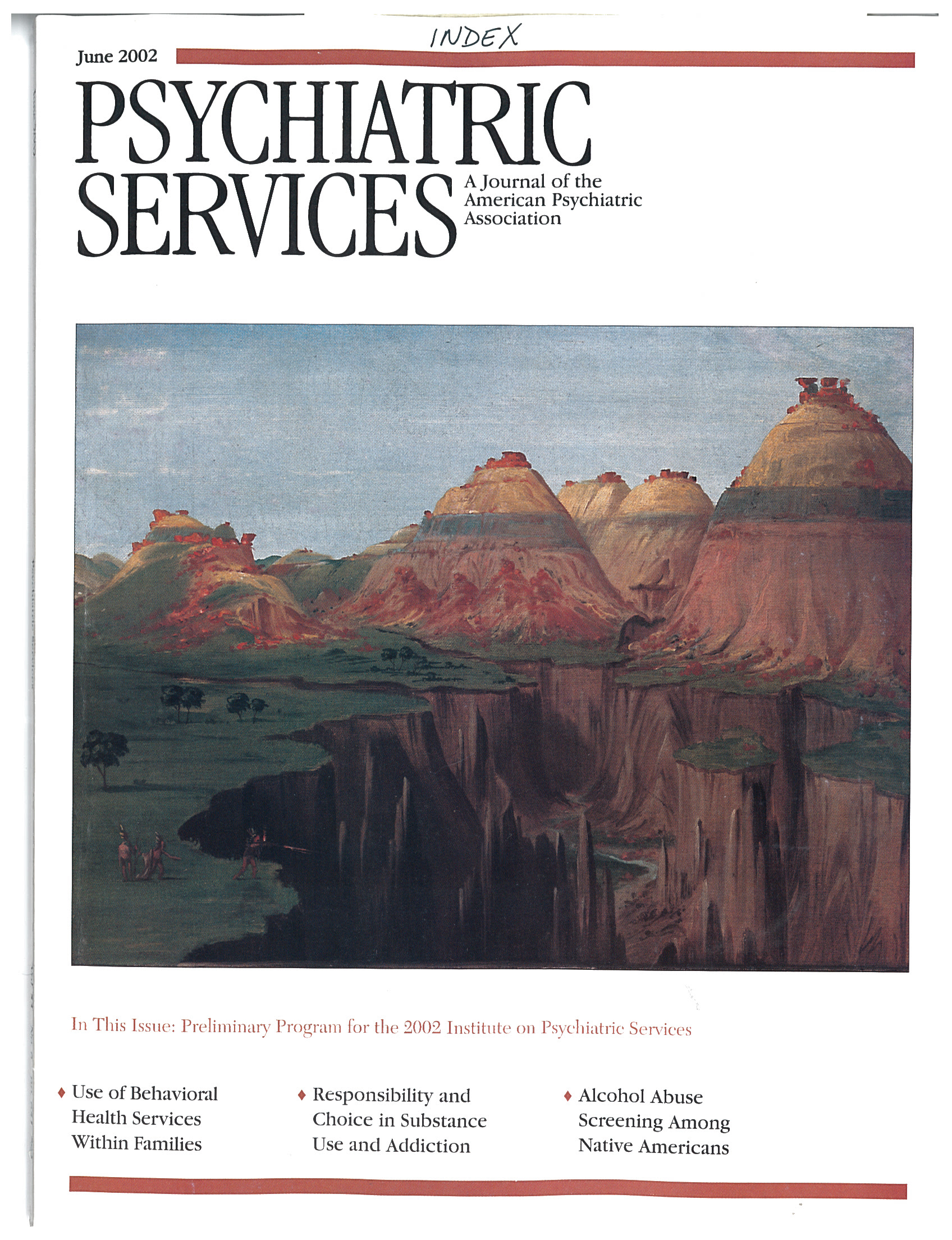Occupational Therapy and the Multidisciplinary Team
To the Editor: It was with much enthusiasm that I sat down to read the article by Liberman and colleagues (1), "Requirements for Multidisciplinary Teamwork in Psychiatric Rehabilitation," in the October 2001 issue. Unfortunately, my enthusiasm did not last through the whole article. I was encouraged by the thorough review of the literature and the clear depiction of the elements that may contribute to an effective multidisciplinary team. The authors cited recent, evidence-based, and practical information for the reader to consider in practice, and I found Tables 1 and 2 to be informative. I also support the broad-based team approach espoused in the article and the prudent use of the skills and expertise of the various professionals who typically constitute the multidisciplinary team.
I was less enthusiastic about the representation of my discipline, occupational therapy, as has often been the case in reading articles by Dr. Liberman and his colleagues (2,3), and I have written a previous letter to the editor on this topic (4). My excitement about seeing a doctoral-level occupational therapist, Dr. Tsang, listed among the authors was significantly dampened when I read the limited and dated description of the role and expertise of the occupational therapist. Dr. Tsang's contribution to the article appears to have been to cite references that are 11 or 12 years old! Even more dismaying was that references used are not evidence-based or drawn from any current theoretical textbook. Surely, given the plethora of evidence-based research being conducted and published internationally by occupational therapists, including Dr. Tsang (5), the article could have provided a better description of the discipline and of the variety of evidence-based strategies used by occupational therapists who work with persons who have serious mental illness.
I recognize that it is difficult for the journal editor to ascertain the accuracy of the content of the articles published in Psychiatric Services. This responsibility clearly rests with the authors. It is imperative that recent, accurate, and comprehensive information be disseminated through peer-reviewed journals so that multidisciplinary teams can continue to provide good-quality, comprehensive community care for persons with serious mental illness.
Ms. Rebeiro is a clinical researcher in the Northeast Mental Health Centre in Sudbury, Ontario.
1. Liberman RP, Hilty DM, Drake RE, et al: Requirements for multidisciplinary teamwork in psychiatric rehabilitation. Psychiatric Services 52:1331-1342, 2001Link, Google Scholar
2. Liberman RP, Wallace CJ, Blackwell RN, et al: Skills training vs psychosocial occupational therapy for persons with persistent schizophrenia. American Journal of Psychiatry 155:1087-1091, 1998Link, Google Scholar
3. Kopelowicz A, Wallace CJ, Zarate R: Teaching psychiatric inpatients to re-enter the community: a brief method of improving the continuity of care. Psychiatric Services 49:1313-1316, 1998Link, Google Scholar
4. Rebeiro KL: Clarifying the scope of occupational therapy [letter]. Psychiatric Services 50:418-419, 1999Link, Google Scholar
5. Tsang HWH: Applying social skills training in the context of vocational rehabilitation for people with schizophrenia. Journal of Nervous and Mental Disease 189:90-98, 2001Crossref, Medline, Google Scholar



